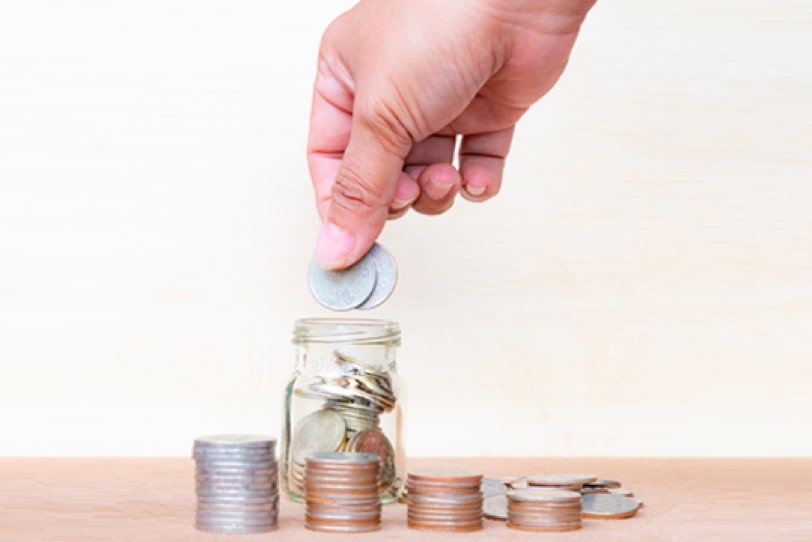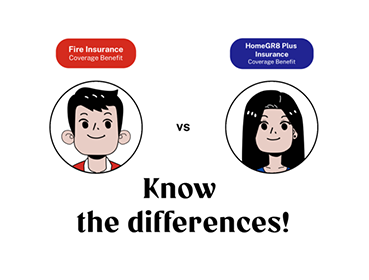Love don’t cost a thing… or does it?
The costs of romance, from dating to marriage
Love is patient, love is kind, and love is… expensive. Yes, while we know that romantic relationships can bring joy, companionship and fulfilment, perhaps it’s less romantic to admit that these relationships might require some financial investment over your lifetime. From the early stages of dating to the serious commitment of marriage, the expenses involved with romance can add up to a significant amount.
In this article we will look at all the material and financial costs of love from the dating phase to marriage, and give you some tips on how you can prepare yourself financially for these expenses.
The Dating Phase
Dates
Dates are a fun and exciting way to get to know someone, whether you are casually dating or seeking something more serious. Depending on the type of date, the costs can range widely. Dining out would be one of the largest expenses, especially if you’re going to more upscale restaurants. Your transportation costs may also increase if you find yourself taking cabs more often after these dates.
Activities like going to the cinema, concerts, and other events will add up the costs, and if you’re spending extra on travelling for trips abroad with your new special person, those expenses can definitely add up quickly.
Gifts and Special Occasions
In romantic relationships, many couples buy gifts for each other as a way to express their affection for the other person. Special occasions like birthdays, anniversaries and Valentine’s Day are common examples of times when gift-giving might be expected—not to mention the occasional apology flowers.
The Marriage Phase
Engagement
When you know they’re the one—then it’s time to put a ring on it! Speaking of, there are engagement rings to buy, perhaps an engagement party to organise. Oh, and maybe even a special proposal to plan…
Wedding and Honeymoon
Finally, let wedding bells ring—but first, you have to pay for it. The average cost of a wedding in Singapore is between $30,000 to $50,000, taking into account all the costs such as the venue, food, wedding gowns and suits, and rings. Just last year, CNA reported that some hotels are increasing the prices of their wedding ballrooms by up to 10 percent to cope with inflation and rising costs. Don’t forget the honeymoon!
Housing
First comes love, then comes marriage, and then… a house? In Singapore, where the phrase “Will you BTO with me?” is synonymous with a proposal, oftentimes the decision of buying a home is made even before the wedding. For BTO applications, couples don’t have to be married before applying (although you have to produce a marriage certificate within three months of key collection).
If waiting the average four to six years for your BTO to be completed is too long for you, you’ll have to look at resale or private options, which would be significantly more expensive. On the bright side, housing tends to be more affordable for couples than it is for single people. That said, the costs associated with buying a home is not limited to couples and would vary widely depending on your financial situation as a pair. If you’re planning to have a big family, you may need to consider getting a bigger place as well.
How can you prepare financially for these life events?
Budget wisely
There is nothing wrong with spending money on things like dates and gifts, as long as you are mindful of these expenses and how it fits in the larger scheme of your overall spending. One of the ways you can make sure that these discretionary expenses are not incurred at the expense of your long-term financial health and well-being is by budgeting for them.
Make sure that you’re taking into account your long-term goals, such as saving for a house or your retirement. Once you’ve set aside money for the necessary expenses (e.g. bills and utilities) as well as your savings and investment goals, you can spend the remaining guilt-free!
Goal-setting and planning
Not everyone will have the same long-term goals, and therefore everyone’s financial journey will be different. Knowing what your long-term goals are would make it a lot easier to plan for them in the present, and also help you budget more effectively (see previous point).
For example, perhaps you and your partner would like to buy a private property as your forever home, and you would like it to happen in five years time. With that goal in mind, you and your partner can work out how much money you will need for the downpayment and renovation, and then work backwards to figure out how much you will need to save every month to reach that goal.
Know your values and communicate openly with your partner
It’s easy to get caught up with what you think you should be doing, based on what you see or hear from others in your peer group. Whether it’s splurging on expensive dates to show that you really love your partner, or skipping a big wedding for a more intimate ceremony, it’s important to know what your values and priorities are—and also, to try to align them with your partner’s. This requires open and honest communication, and perhaps some soul-searching to figure out what the both of you really want.
It could be that your partner would really value being treated to a nice dinner at a restaurant once in a while, or that you would like a big wedding so that you can invite all your extended family members and friends. Whatever it is, making sure that your decisions are in line with your shared values can help you to make better and wiser financial decisions together.
Of course, love is more than just the money.
Despite all the costs that are outlined in this article, we know that love is not something that can be quantified in dollar bills. Whether it’s romantic, familial, or platonic love, we know that true love’s value is priceless.
That said, money can cause tensions in families and relationships, especially when values and expectations are not aligned. Before committing to a long-term relationship, it would be wise to discuss honestly with your partner about each other’s financial goals and how you can work together to achieve them.
Let us match you with a qualified financial representative
Our financial representative will answer any questions you may have about our products and planning.








